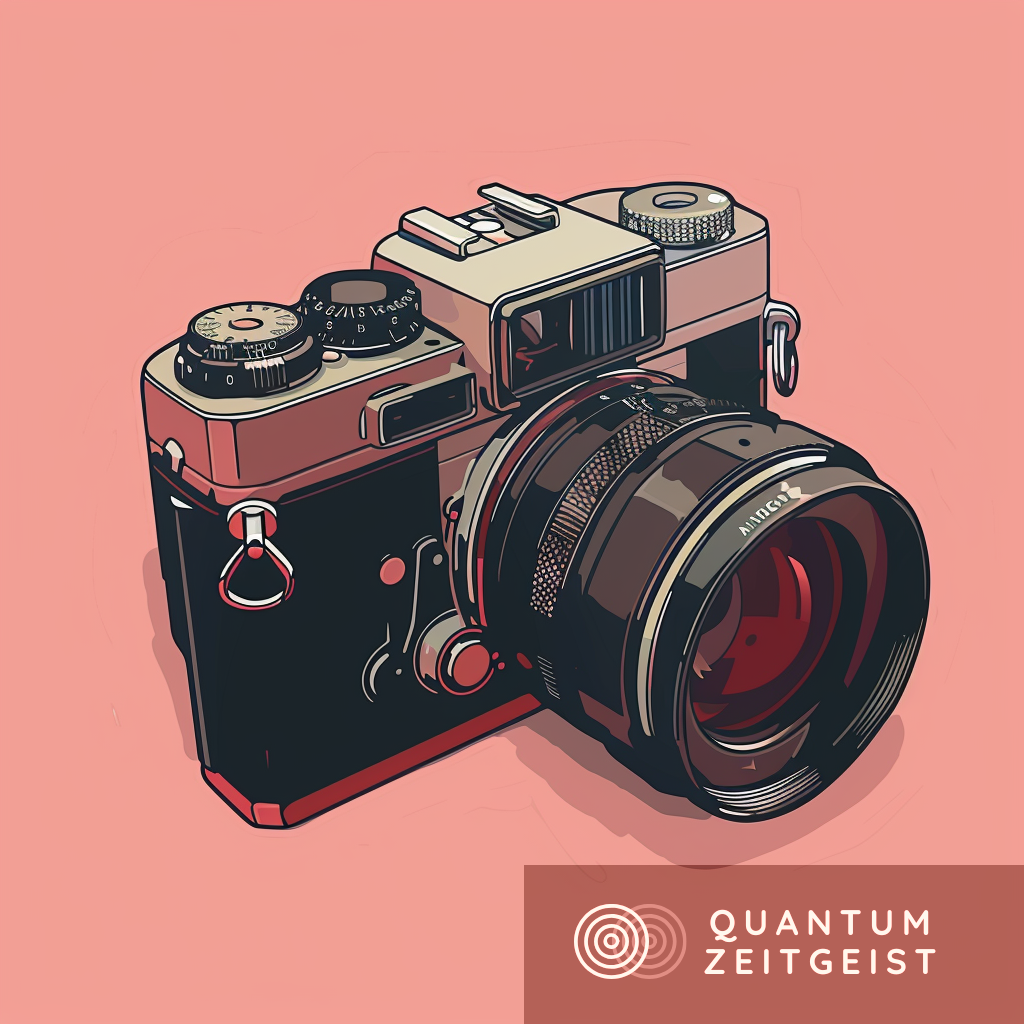The intersection of quantum computing and machine learning is a promising area of research, with the potential to revolutionize many industries. Quantum computers, known as Noisy Intermediate Scale Quantum (NISQ) devices, can overcome limitations of classical computing, but are susceptible to noise. Machine learning, a problem-solving approach where machines learn to tackle tasks by processing large volumes of data, faces challenges due to the substantial need for data and computational resources. This study explores the effectiveness of hybrid quantum-classical algorithms on small-scale quantum devices, revealing comparable or superior performance to classical algorithms.
What is the Intersection of Quantum Computing and Machine Learning?
Quantum computing and machine learning are two rapidly advancing fields that have the potential to revolutionize many industries. Quantum computers, known as Noisy Intermediate Scale Quantum (NISQ) devices, operate differently from classical computers, using the unique properties of quantum mechanics such as entanglement and superposition. These properties allow quantum computers to overcome limitations encountered in classical computing, achieving what is known as quantum advantage. However, NISQ devices are susceptible to noise, which has led to a search for applications that can utilize quantum advantage without requiring extensive error correction procedures.
Machine learning, on the other hand, is a problem-solving approach where machines learn to tackle tasks by processing large volumes of data or general information related to the problem. This enables them to discern patterns and develop their own decision-making processes without explicit instructions. However, machine learning faces challenges due to the substantial need for data and computational resources for training, as well as the inherent opacity of the algorithms.
The intersection of quantum computing and machine learning is a promising area of research. This study explores the effectiveness of hybrid quantum-classical algorithms, such as the data reuploading scheme and the patch Generative Adversarial Networks (GAN) model, on small-scale quantum devices. The results reveal comparable or superior performance of these algorithms compared to their classical counterparts, highlighting the potential of leveraging quantum algorithms in machine learning tasks.
How Can Quantum Computing Enhance Machine Learning?
Quantum computing has the potential to enhance machine learning in several ways. Quantum variational algorithms offer powerful problem-solving capabilities, while classical computing provides the infrastructure for large-scale optimization. This combination of strengths can be applied to crucial areas of machine learning, such as computer vision.
In this study, two hybrid quantum-classical algorithms, the data reuploading scheme and the patch GAN model, were implemented and evaluated. These algorithms are designed to work well even on small-scale quantum devices. The experiments revealed that both algorithms performed comparably to or even better than classical algorithms of similar complexity. This suggests that as quantum technology matures, we may see even greater advantages in the realm of machine learning.
What are the Fundamental Concepts in Quantum Computation?
Quantum computation involves several fundamental concepts, including quantum circuits and quantum gates. These components serve as the foundational elements of quantum algorithms and are particularly important in the realm of Quantum Neural Networks (QNNs). However, they are susceptible to errors, which is a significant challenge in the field.
Variational Quantum Circuits (VQCs) are quantum circuits with adjustable parts and play a crucial role in quantum machine learning. In this study, the functioning of VQCs as QNNs was explored, along with two specific quantum machine learning algorithms – data reuploading and Patch GAN. These algorithms were chosen for their potential to work well on small-scale quantum devices.
How Were the Quantum Algorithms Tested?
The quantum algorithms were tested on both simulators, including perfect and noisy versions, and on a real quantum device for the data reuploading algorithm. The results of these tests were then compared to the performance of classical algorithms of similar complexity. The findings revealed that the quantum algorithms performed comparably to or even better than their classical counterparts, underscoring the potential of leveraging quantum algorithms in machine learning tasks.
What are the Future Avenues for Research in Quantum Machine Learning?
The promising results of this study suggest several potential future avenues for research in quantum machine learning. As quantum technology continues to advance, there is a growing interest in identifying applications that can capitalize on quantum advantage without requiring extensive error correction procedures. Furthermore, the superior performance of quantum algorithms on small-scale quantum devices suggests that these algorithms could be leveraged in a variety of machine learning tasks as the technology matures.
Publication details: “Exploring Quantum-Enhanced Machine Learning for Computer Vision:
Applications and Insights on Noisy Intermediate-Scale Quantum Devices”
Publication Date: 2024-04-01
Authors: Purnachandra Mandadapu
Source: arXiv (Cornell University)
DOI: https://doi.org/10.48550/arxiv.2404.02177

